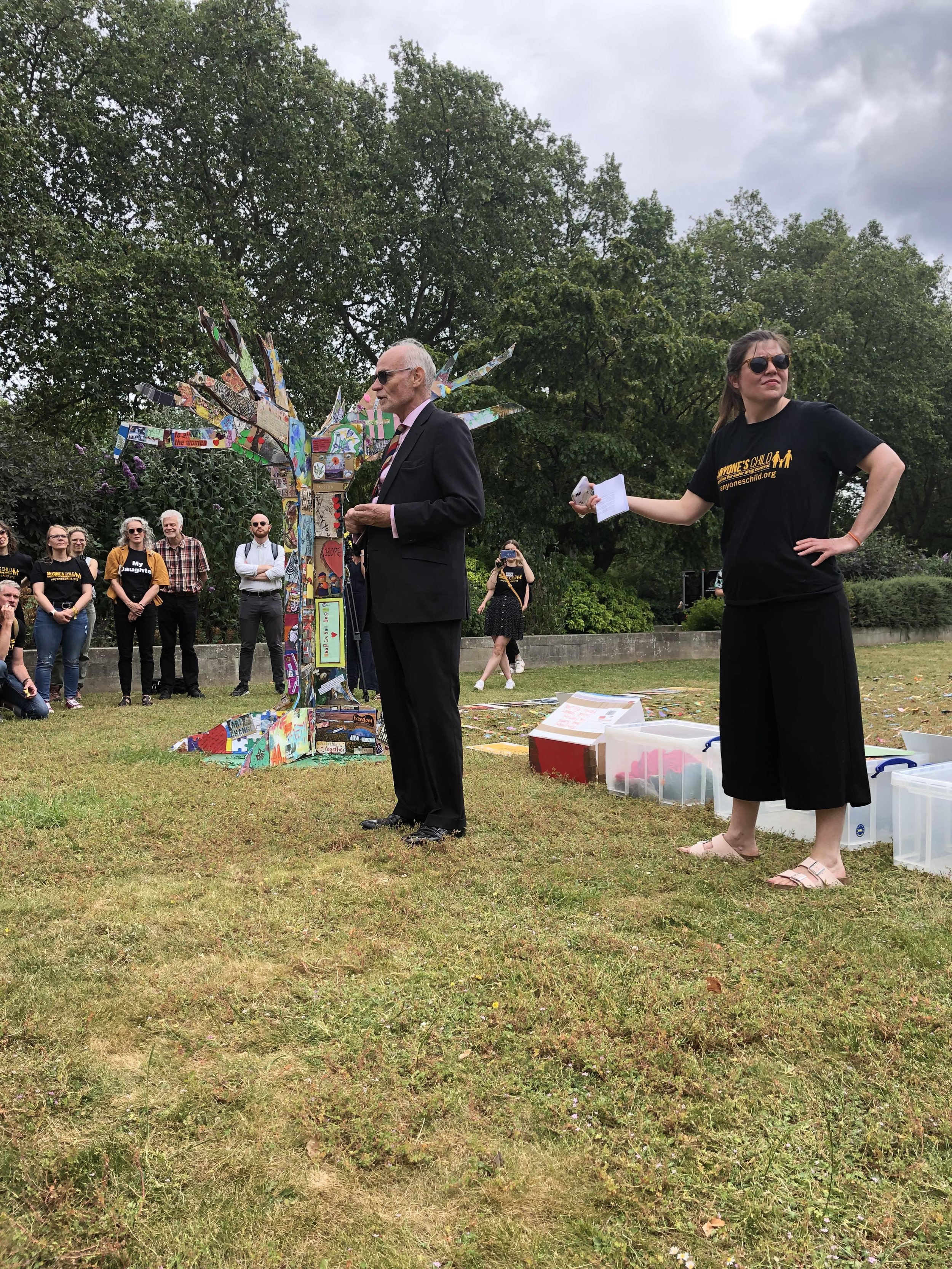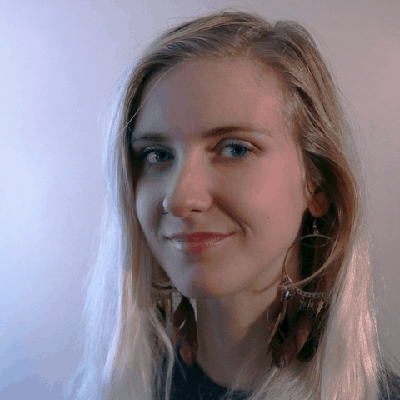Uniting Voices for Change: A Mass Lobby Against UK Drug Prohibition
Martha Allitt of The Psychedelic Society reports on meeting activists, politicians, and journalists at Parliament Square on the 27th of June to discuss UK drug policy reform. The event was the seventh mass lobby organised by Anyone's Child - a network of families with lives devastated by the harms of drug prohibition.
Thousands of lives lost to the drug war
While preparing for the event, 4,517 forget-me-nots were laid on Westminster’s College Green, just across from the houses of Parliament. Each one of these flowers represented a life lost due to drug poisoning in 2020. We were reminded that thousands more lives have been lost since, with overdoses and tainted and mis-sold drugs thriving in the unregulated drugs market.
"We know these deaths from the effects of illegal drugs are on the increase. Why can we not address the health crisis that this is and not just brush it under the carpet," said Liz Roberts, the Plaid Cymru MP for Dwyfor Meirionnydd, during her speech at the event.
Anyone's Child campaigners wore T-shirts saying things like "my brother," or "my son," denoting family members lost due to drugs. Claire Campell is one of these family members. She opened the event by speaking of her son Luke, who died shortly after taking ecstasy at a disco.
"He died 29 years after the Misuse of Drugs Act was passed," she said. "I'm just a mom whose child died because every government since 1971, continues to deny that the act was wrong then, and continues to be so to this day."
The failure of prohibition
In 1971, the Misuse of Drugs Act banned all psychoactive drugs with the aim of preventing harmful drug use. However, with a 7000% drug-related death increase since, it's clear the act is failing tragically in its mission.
Such dire statistics have inspired politicians to call for alternative drug strategies. In 2012, the UK Drugs Policy Commission found that 76% of current MPs agreed that making policy about illegal drugs should make more use of evidence and research than it currently does. The same study also found that 77% of current MPs disagreed that current policies effectively tackle the problems caused by illegal drugs.
However, over a decade later, drug criminalisation still defines UK law.
More than overdose and addiction: the hidden victims of drug laws
Fortunately, efforts to increase drug harm reduction are on the rise. On the coach to London from Bristol for this event, I travelled with team members at Bristol Drugs Project, one of the many organisations offering support and education for drug users. Their services include things like testing party drugs at universities and nightlife events and providing substitute prescriptions and detoxes for problematic alcohol and opioid users.
Yet poisoning and addiction aren't the only tragic consequences of prohibition.
During his speech, former drugs detective Neil Woods raised the issue of child drug trafficking - the manipulation of young, often vulnerable children into dealing and manufacturing drugs by illegally-operating gangs.
"We now have 50,000 children in the UK on the front line, dealing heroin in crack cocaine," said Woods. "This does not happen in Switzerland, it does not happen in the Netherlands, because in those countries, they have legal control of that drug."
Woods is part of the Law Enforcement Action Partnership (LEAP UK) - a network of current and former criminal justice system professionals advocating for draw law reform. Like many in his organisation, Wood's first-hand experience fighting the drug war led him to realise policing drugs causes more harm than good.
"The police have no evidence that their arrests and drug seizures protect anybody. In fact, to the contrary, the police have information that you do not. …. Policing drugs is not only causing harm. It's increasing violence," he said.
Hope for the future
This gathering moved me. It marked a beacon of hope despite being inspired by such depressing statistics. As Reverend Jon Canessa said during his speech, hope consists of "anger at the way things are" and "courage to see that they do not need to remain."
I was particularly encouraged by a speech from Jeff Smith, the Labour MP for Manchester, Withington, who told us, "we can make progress." Though he said there would be more campaigning and waiting, he seemed adamant for change to happen. Having been among such a collective of people from all backgrounds united by a common and clear vision, I, too, now feel more optimistic about the future of UK drug policy.
We know from the experiments of other countries that regulating drugs will reduce crime and public harm. We know the Misuse of Drugs Act has failed us. It’s time to act on this knowledge. It’s imperative more people join in these campaigns, such as Anyone's Child, to increase power in numbers.
"We have all the facts to change the law" was a repeating phrase sung by the Bristol Drugs Project choir at the event. The evidence is there. Now it's on us to spread these facts and make sure those in government know the degree of travesty these outdated laws are causing.
One of the easiest yet most effective ways to support drug policy campaigns, such as Anyone’s Child, is writing to your local MP. When an MP receives letters or messages from multiple constituents, it’s their responsibility to raise these issues in Parliament, increasing the chance for debate and reform. You can find a template letter to write to your local MP about drug policy reform here.
If you want to learn more about and get involved with the Anyone’s Child campaign, be sure to check out their website.
Martha Allitt is an events coordinator for the Psychedelic Society in Bristol, specialising in events related to psychedelic science and mental health, as well as a freelance writer who journals about ongoing scientific research relating to psychedelics, and other psychoactive drugs, and the cultural and political issues facing today’s psychedelic renaissance.
She is also a yoga teacher and co-facilitates regular laughter yoga workshops and our Bristol Psychedelic Socials. Having completed a degree in Neuroscience, she is passionate about finding the intersecting lines between spiritual practices and b



